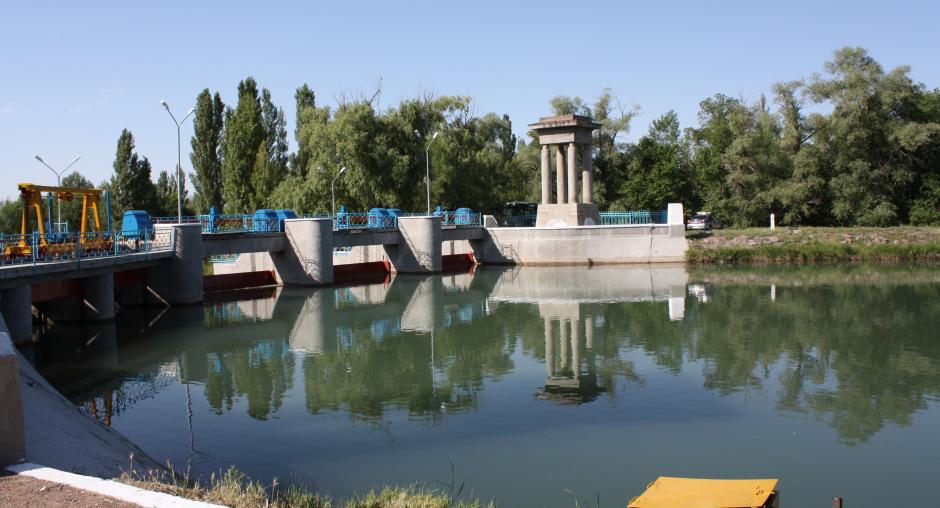OSCE Programme Office in Astana promotes participation of young diplomats in transboundary water management

An OSCE-supported training seminar for some 20 young diplomats from Afghanistan, Kazakhstan, Kyrgyzstan and Tajikistan on the principles of water governance and challenges and solutions related to climate change concluded on 23 September 2016 in Almaty, Kazakhstan.
The five-day event was organized by the OSCE Programme Office in Astana in close co-operation with the Foreign Ministries of Kazakhstan and Germany, the German-Kazakh University and with the support from the OSCE Office in Tajikistan, the United Nations Educational, Scientific and Cultural Organization (UNESCO), the United Nations Environmental Programme (UNEP) and the Gesellschaft für Internationale Zusammenarbeit (GIZ).
The participants discussed the opportunities for improved transboundary water co-operation and application of sustainable climate change policy in preventing future potential conflicts in the arid zone of Central Asia and Afghanistan.
“Young civil servants from Central Asian countries and Afghanistan must understand the principles of water governance, including decision-making and building up proactive co-operation among interested stakeholders on these issues,” said György Szabó, Head of the OSCE Programme Office in Astana. “It is a prerequisite for future sustainable development of the region, and the OSCE stands ready to support on a continuous basis with expert advice.”
Markus Kaiser, Rector of the German-Kazakh University, said: "The German-Kazakh University in Almaty is honoured to welcome the young governmental officials from Central Asia and Afghanistan for the second year in a row. The capacity of these people is the pledge for the future effective management of water resources of Central Asia and we are glad to contribute to it.”
The seminar is part of the Office’s long-standing efforts to promote regional co-operation in water resources management and is in line with the OSCE priority of supporting participation of youth in decision-making processes and the application of comprehensive participatory approach in the water management domain.
